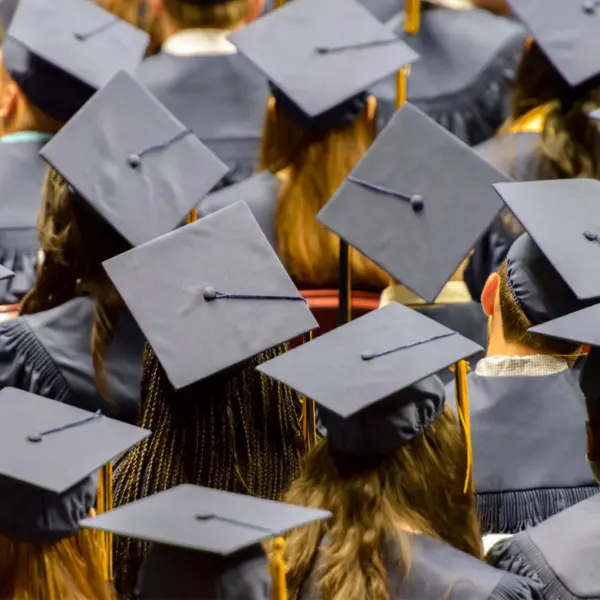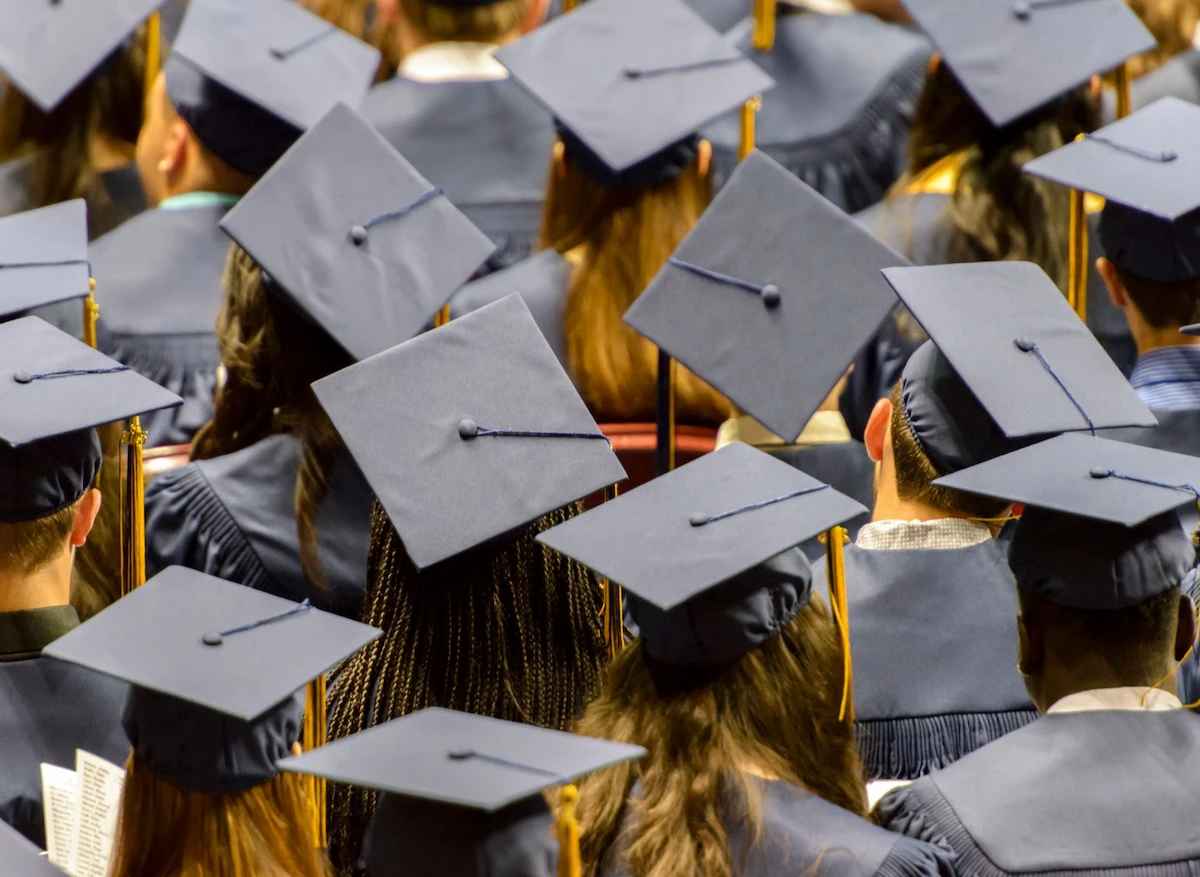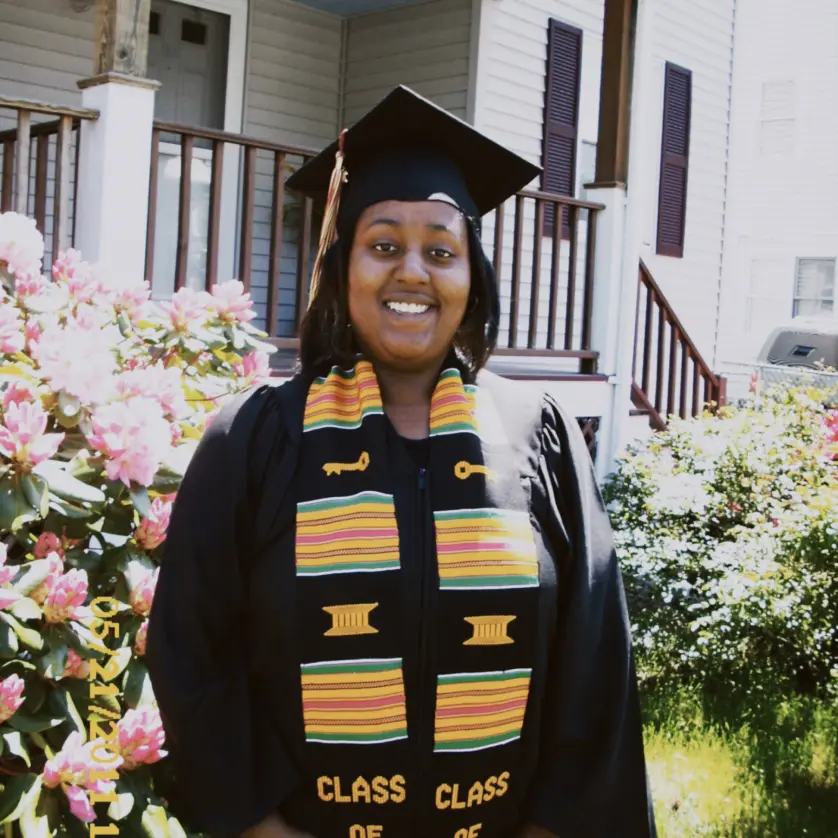Bottom Line Addresses Federal Education Cuts’ Impact on First-Gen Students

BOSTON, MA — Educational resources for students should be regarded as indispensable, as they yield long-term benefits for our communities. The knowledge, skills, and confidence students acquire as they earn their degrees invigorate our economy, workforce, and country. The most crucial investment is the one we make up front. This is why the notice of drastic federal funding cuts to the Department of Education weighs heavily on us, especially in light of the recently released report, “The Non-Profit Funding Gap: Strengthening the Postsecondary Student Success Ecosystem.” This new report presents evidence of the power of proven programs on postsecondary outcomes, urging policymakers to support them and enhance the infrastructure for student success, including evaluation, research, communities of practice, and data systems assistance.
Although we are unsure of the level of impact these sweeping reductions will have on degree-aspiring, first-generation students and students from families with low income, we know that less funding feels like a dangerous disruption that hinders progress. To better support the unique needs of each individual student, we must expand the array of services in existence in all directions, ranging from financial aid advising to career coaching to scholarship aid to mental health supports. This robust, holistic approach is what will allow students to thrive and uplift our society.
Still, we remain encouraged by two things: the unwavering determination of our students and the RELENTLESS ALLY community poised to jump in and fill all voids. Each of us holds the power to be a mentor, a coach, a volunteer, a champion, or a guide in the lives of students exploring paths to transformative careers. At Bottom Line, we will continue to monitor policy changes and budget cuts that impact college access and persistence but know that this does not change our call. At every turn, Bottom Line Advisors will be compassionate, expert partners to students so that they can overcome barriers and go far in life.





